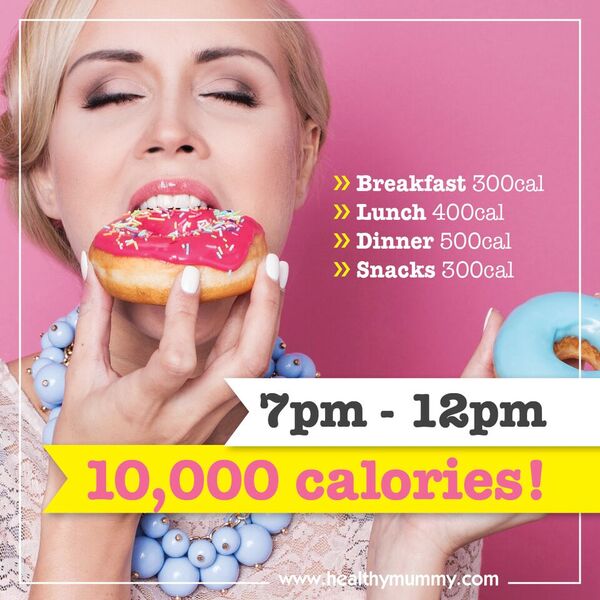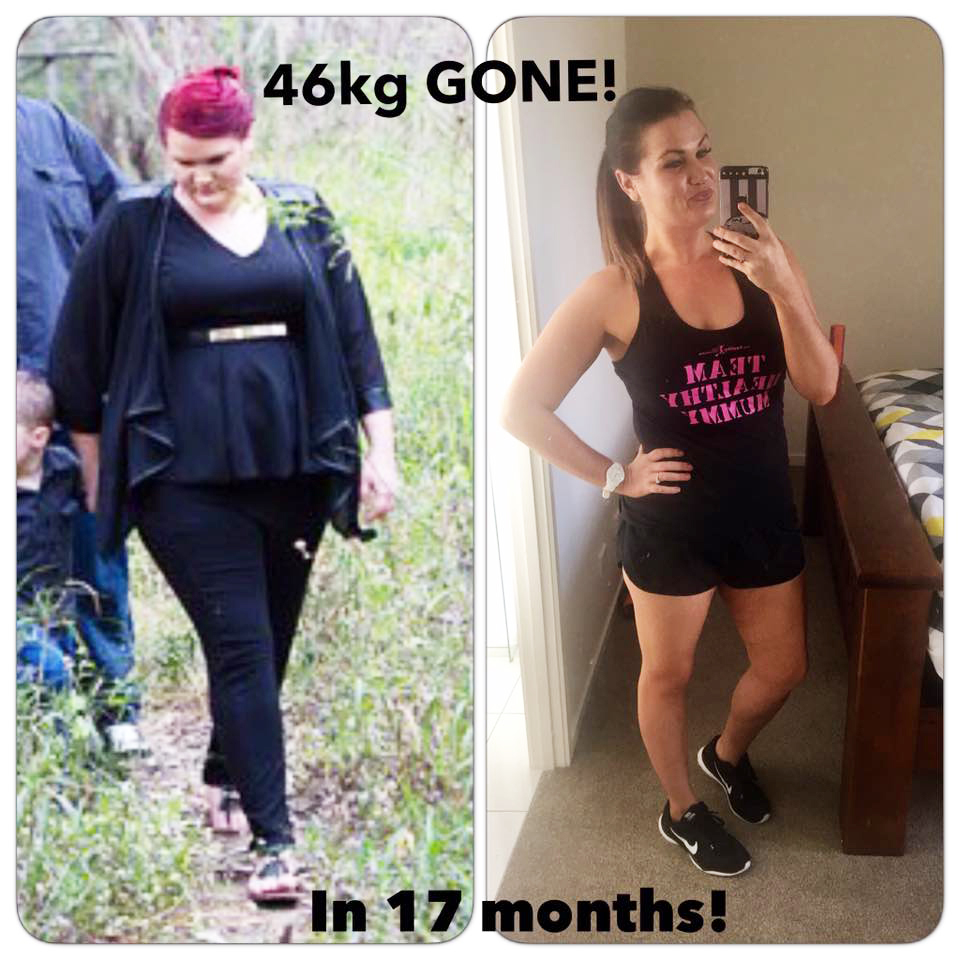Diet and Nutrition
How Many Calories Do I Need Every Day To Lose Weight?
There is a lot of confusion about the number of calories to consume to lose weight as it depends on numerous factors like age, activity levels, current weight and metabolic health.
Firstly, many diet plans tell you to eat less than 1,200 and people can get hung up on this number.
If you are trying to lose weight, it is important to work out your BMR to see the daily calorie intake your own body needs and then work out your body’s daily energy expenditure; you can work out both on our online calculators here.
How Many Calories a day
The 1,200 calories a day number is VERY broad and is a very low number. And as everyone has a different BMR and energy needs, there is not a ‘one size fits all’ calorie or kilojoule allowance to follow.
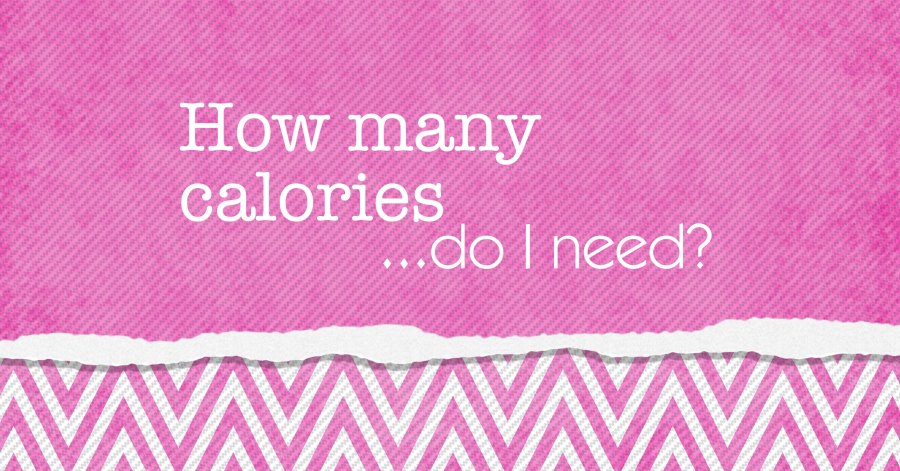
Whereas some people may have a BMR and energy needs that is 1,200 calories a day – the fact is that most people do not. This in itself sets you up to fail on your weight loss. As 1,200 can have a number of negative effects – such as:
- If your energy and calorie needs are higher, you will be hungry all the time
- If your energy and calorie needs are higher, you may feel faint/weak and tired all the time
- If your energy and calorie needs are higher, your body may go into starvation mode and not lose weight at all – this is dangerous as a lack of calories can interfere with your metabolism and cause long term issues
- You may find it impossible to stick to and fall off the healthy eating wagon as with fewer calories, the diet was just too hard – which is why so many fail at losing weight or worse still, gain weight.
The fact is that if you work out your BMR and daily energy needs you will find it a lot easier to work out your calorie goal and therefore a calorie deficit needed to lose weight and in turn find weight loss a lot more sustainable.
One of the BIG reasons our Healthy Mummy plans work is that we make the meal plans sustainable. So for example – we do not set a 1,200 calorie food limit. Our 28 Day Plan is approximately 1,500 with daily activity, and you have the flexibility to increase calories or decrease accordingly if you are hungry or full – or breastfeeding.
Please note that breastfeeding mothers on average require an extra 500 calories (2,200 kilojoules) per day on top of their usual daily energy needs.
Read how This mum lost over 20kg in 2 months and still eats 1800 calories!
What is the low down on BMR & BMI
Body Mass Index (BMI)
This is one measure used to determine whether you are in a healthy weight range compared to the general population. It is calculated by dividing your body weight in kilograms by your height in metres squared (m2). It is a useful tool as it gives you a starting point as well as goals for the future. For instance, you might work out that you need to lose 7kg to get into the healthy weight range.
Basal Metabolic Rate (BMR)
Your BMR tells you the amount of calories (energy) your body burns when at rest (even when sleeping) just to fuel its normal metabolic activity, such as organ function, breathing and digestion. You can use the number to then determine a safe level of reduced daily calories to achieve and maintain a healthy weight.
Your BMR decreases as you age, so it becomes harder to stay slim as you get older. Likewise, depriving yourself of food in the hope of losing weight also decreases your BMR – a trap many people fall into – so it’s important not to consume calories below your recommended BMR. However, a regular routine of cardiovascular physical activity, muscle-building physical activity to increase muscle mass and regular meals and snacks can increase your BMR. It is important to improve your health and fitness when your body’s ability to burn energy gradually slows down.
The two numbers are closely related – the higher the BMI, the higher the BMR tends to be. For interactive BMI and BMR calculators, click here.
It’s important to remember that your lifestyle is more important than your BMI and BMR as these figures are only guidelines. If you’re unsure whether or not your current weight is healthy, speak with your doctor.
Calories & Kilojoules
Kilojoules and calories are just two different measures of the same thing: energy. One calorie equals approximately 4 .2 kilojoules and to convert calories to kilojoules, you can simply multiply the calorie count by 4.2.
How many calories or kilojoules we should eat depends on what our individual BMR is – and as mentioned above, as everyone has a different BMR, there is not a ‘one size fits all’ calorie or kilojoule allowance to follow.
Nutrient Dense calories
Another key point is to ensure that the calories you are consuming are nutrient-dense calories so that as well as giving your body the energy and fuel it needs to function, you are also providing your body with essential vitamins and minerals to help it to be in its best health.
The Healthy Mummy doesn’t advocate cutting out any food groups, instead the meal plans and recipes contain a healthy balance of high protein, whole grains and whole foods, moderate carbs and good fats from nuts and avocado. The plan is about a sustainable and healthy lifestyle, not short term dieting, that can often lead to weight loss and weight gain cycles.
Please note that breastfeeding mothers on average require an extra 500 calories (2,200 kilojoules) per day on top of their usual daily energy needs.
If you are trying to lose weight when breastfeeding, we recommend a gradual weight loss of 500g – 1kg per week.
Food VS Exercise! How much exercise will get rid of the calories you eat?
Calories are not created equally. Depending on the type of food you eat, you may need to do more intense exercise to help burn off what you have consumed.
For example, a high-calorie pizza will of course require more energy than an apple.
In fact, when you realise just how much activity it takes to burn off a single meal, especially if it’s an unhealthy one, you might want to think twice about what you are ordering or making!
How Many Calories to Burn Off
In some cases, just one meal – such as two slices of pizza, fries and a soft drink – you can make up over 50% or more of your daily recommended calories. For most women, this is around 2000 calories a day.
What’s more, your basal metabolic rate (how many calories you burn off) will also depend on your body size, muscle mass, gender, age as well as other factors like genetics.
In many cases, the bigger you are, the more calories you’ll burn and different types of exercise can also burn off more calories. For example, a sprint for ten minutes will burn off more calories than a walk for ten minutes.
It seems straightforward that the easiest way to achieve and maintain a healthy weight and lifestyle is to moderate what you eat and exercise regularly. But as Healthy Mummy personal trainer Wendy Smith explains, there are some considerations to factor in.
We each process calories differently and the type of energy we expend doing certain exercises depends on our body type,” says Wendy.
“You shouldn’t just be aiming to burn off what you’ve eaten, especially if it’s something unhealthy. That’s not how it works. If that was the case you could be exercising at a higher intensity for hours on end and that isn’t always practical”
“If you want to lose weight then you should be aiming to eat healthily and exercise to burn off the extra kilos and maintain a healthy weight“.
So we hope that this helps clear things up – and losing weight doesn’t have to be painful. If you follow a sensible weight loss plan that let’s you eat enough food and that is also sustainable, not only will you be able to lose weight whilst continuing your job as a busy mum, but you will also be able to keep it off as you didn’t have to resort to drastic and unhealthy methods to lose it.
Weight Loss Results From Mums on 28 Day Weight Loss Challenge
Cicily has lost 56kgs
Cicily says, “Now I’m feeling so happy in myself, full of energy, confidence is back and excelling. I’m just so darn ME! I feel like I can finally be myself, like I was being held back and didn’t even realise it! Healthy Mummy you are my rock! Trust in the plans. They’ve changed my life forever!”
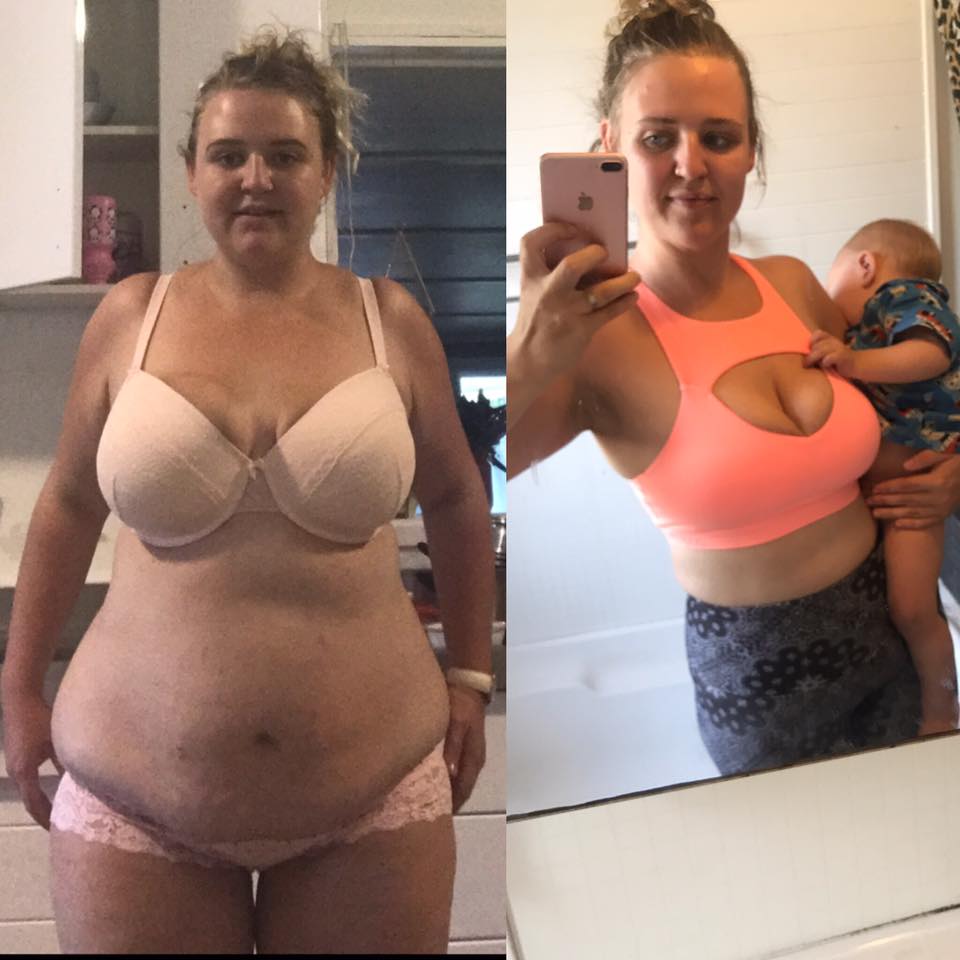
Renee Has Lost 46kg
This beautiful and hard working lady has lost an amazing 46kgs using The Healthy Mummy 28 Day Weight Loss Challenges and Smoothies.
Renee says, “At times I feel as though progress is slow. But in hindsight, 17 months is such a short amount of time in the grand scheme of things, considering that I lived every single day as an obese young woman for well over a decade.”
“The Healthy Mummy is just a part of my everyday life, I live and breathe it every minute of the day.
This weight loss journey has been so much more than me losing 46kgs*. The Healthy Mummy has given me the ability to make better choices for myself and my 7 year old son.”
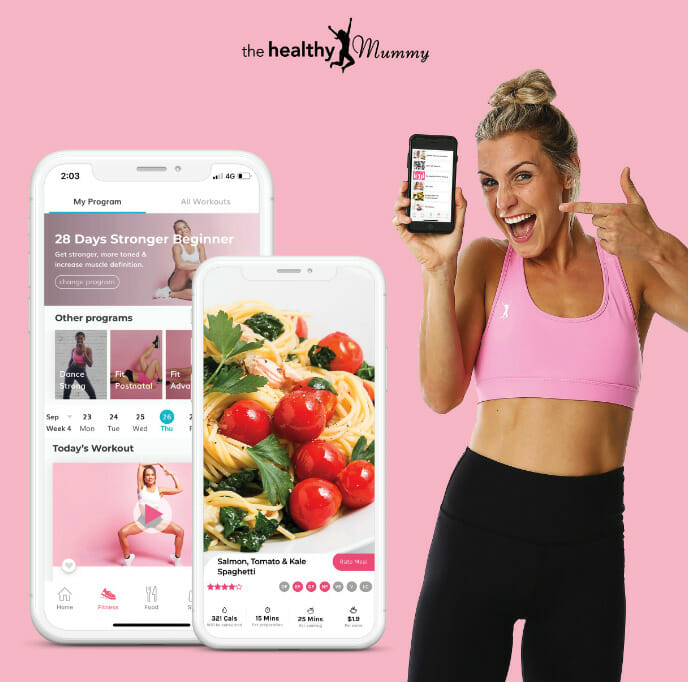
Are you ready to become a Healthy Mummy?
Want to lose weight, and improve your energy and health?
Access 600+ guided & personalised Fitness Programs (Beginner to Advanced)
Know what to cook every meal
With family-friendly weekly meal plans & over 6,000 easy recipes developed by nutritionists
Related Posts
- Methods to Lose Weight This Fall
Are you feeling prefer it’s time to reset? It’s by no means too late to…
- The way to Lose Weight in Summer season
Greater than some other time of yr, summer time is prime time to shed further…
- Meals That Assist You Lose Weight
Whether or not you’re at a yard barbecues, a ballgame, on the seashore or basking…

